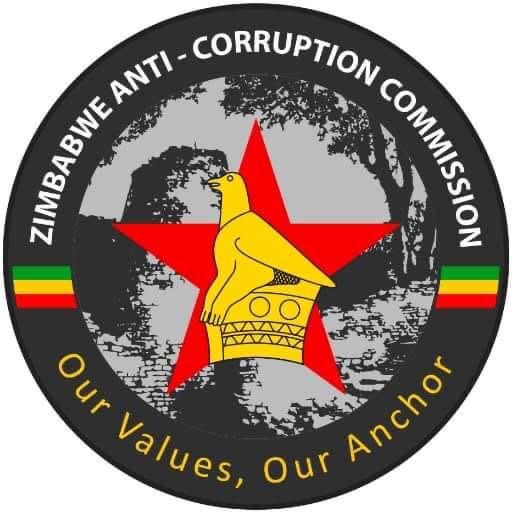By Edward Makuzva
Harare, Zimbabwe – In a significant affirmation of his administration’s commitment to institutional reform and good governance, His Excellency President Emmerson Dambudzo Mnangagwa on Wednesday, presided over the official swearing-in ceremony of newly appointed members to two critical constitutional bodies—the Zimbabwe Anti-Corruption Commission (ZACC) and the Defence Forces Service Commission (DFSC).
The ceremony, held at State House in Harare, marked a pivotal moment in the continued efforts of the Second Republic to entrench transparency, strengthen public accountability systems, and ensure the professional administration of national defence institutions.
Zimbabwe Anti-Corruption Commission (ZACC)
Established in terms of Section 254 of the Constitution of Zimbabwe, ZACC is mandated to combat corruption, abuse of power, and misappropriation of public resources. The commission operates independently and is charged with investigating corruption, promoting transparency in public administration, and assisting in anti-corruption policy development.
The newly sworn-in ZACC commissioners are:
Shelton Dube
Chido Madiwa
Zalerah Hazvineyi Makari
Obson Matunja
Betty Wenjere
Patrick Tendai Mukorera
Kindness Paradza
Meme Rumbidzai Zvimba
These appointments reflect a diverse and experienced cross-section of Zimbabwean society, including legal practitioners, former legislators, public administrators, and governance experts. Their collective expertise is expected to invigorate the commission’s operational effectiveness and broaden its reach across all sectors of society.
Speaking during the ceremony, President Mnangagwa described corruption as “a corrosive force that undermines the social contract between government and the people”.
He urged the new commissioners to serve with “unwavering integrity, courage, and impartiality,” stressing that the fight against corruption requires collective resolve and bold leadership.
The President also reaffirmed his government’s zero-tolerance stance on corruption, emphasizing that ZACC must act independently and fearlessly in the execution of its mandate.
Defence Forces Service Commission (DFSC)
Under the authority of the President as Commander-in-Chief of the Zimbabwe Defence Forces, the Defence Forces Service Commission is constituted to oversee matters concerning the administration, welfare, and conditions of service for members of the armed forces, as stipulated in Section 218(2)(b) of the Constitution.
The new members of the DFSC are:
Charles Cleophas Murongazvombo
Mevis Gonde
Okay Mabhena
Peddie Mugoba
Patricia Sarah Bwerinofa
Chipo Sheila Rose Mahere
The Commission comprising of senior military veterans, civil service professionals, and policy experts, the commission is expected to play a pivotal role in ensuring the continued modernization and professionalization of Zimbabwe’s military institutions. The President emphasized the importance of a well-catered and efficiently managed defence force in safeguarding national sovereignty and fostering regional stability.
“Our Defence Forces must remain apolitical, well-resourced, and committed to upholding our constitutional order. This commission bears the responsibility of making sure that the men and women in uniform are not only well taken care of but are also given every opportunity to develop professionally and ethically,” President Mnangagwa said.
A Constitutional and Strategic Milestone
President Mnangagwa reaveled that the swearing-in of these two commissions represents a broader governance philosophy under the Second Republic—one anchored on constitutionalism, institutional reform, and national development. It aligns with the President’s continued push for effective state institutions as the bedrock of Zimbabwe’s socio-economic transformation.
“The exercise is grounded in constitutional processes that ensure transparency and accountability in the appointment of public officers. Both ZACC and DFSC are expected to report regularly to Parliament and the public, in line with constitutional provisions that demand checks and balances within state institutions”, said President Mnangagwa.
Furthermore, these developments come at a time when Zimbabwe is pursuing Vision 2030—an ambitious agenda to transform the country into an upper-middle-income economy. Efficient governance institutions are seen as critical to achieving this vision, particularly in areas of justice delivery, anti-corruption, and defence.
Conclusion
The swearing-in of the new members of ZACC and DFSC sends a strong message that Zimbabwe is serious about institutional renewal, justice, and national security. As the new appointees assume their roles, the nation watches with anticipation for a new chapter in the fight against corruption and in the administration of its defence forces—hallmarks of a maturing democracy.
The Second Republic continues to place emphasis on the rule of law, constitutionalism, and servant leadership as the foundation for sustainable development and a resilient Zimbabwe.

